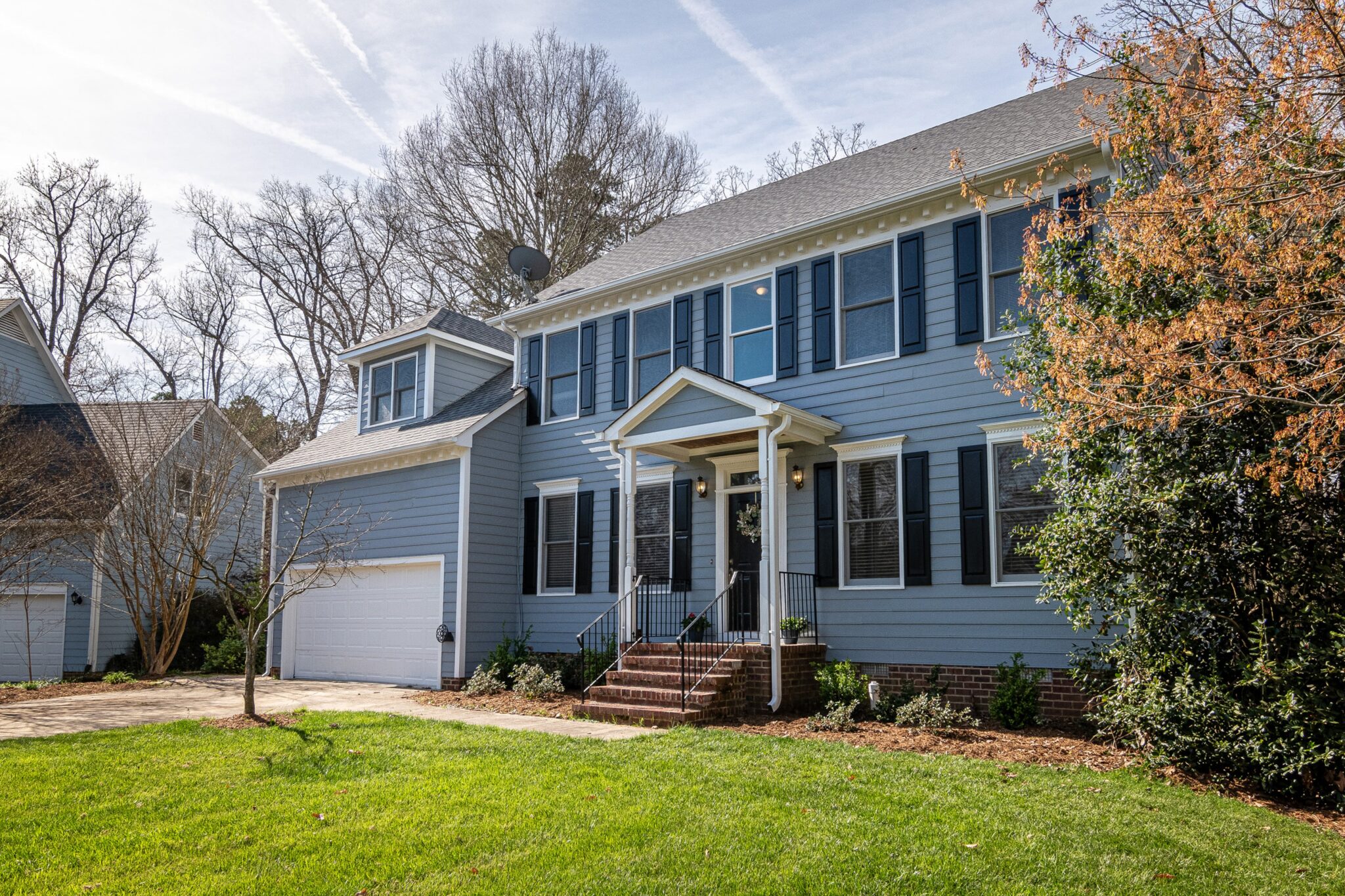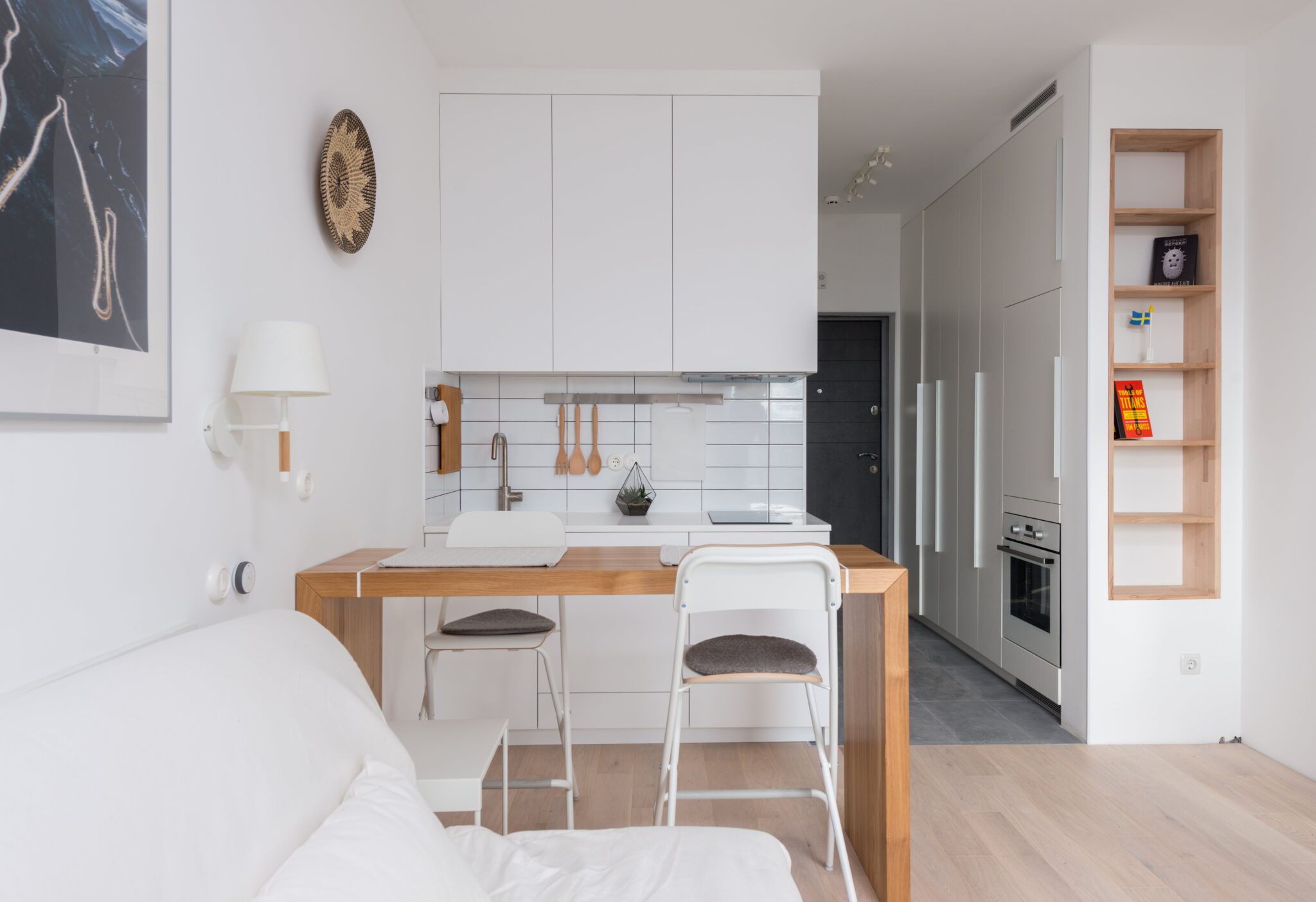
Selling your home is a big deal—whether you’re downsizing, relocating, or just ready for a change, it’s important to feel confident and empowered throughout the process. One of the most important steps is finding a real estate agent who’s the right fit for your needs.
Not all agents are created equal, so asking the right questions can make a world of difference. To help you out, here are 10 key questions everyone should ask before hiring an agent.
1. Are You a REALTOR®?
Let’s start with the basics. Not every real estate agent is a REALTOR®. When you work with a REALTOR®, you’re partnering with someone who’s held to strict ethical standards under the REALTOR® Code of Ethics. They’re committed to protecting your interests and ensuring a professional experience. It’s a good first question to ask, and it sets the stage for the rest of your interview.
2. What Services Will You Provide?
Selling a home isn’t just about putting a “For Sale” sign on the lawn. A great agent will handle everything from marketing your property to coordinating showings, negotiating offers, and guiding you through the closing process. Make sure you understand what’s on the menu so you know what to expect (and what you’re paying for).
3. Are You Familiar with My Local Market?
Nova Scotia’s real estate market is as diverse as its geography. Whether you’re selling a cozy bungalow in Pictou County or a sleek condo in Halifax, local expertise matters. While it’s not essential for an agent to have sold homes in your exact neighbourhood before, having knowledge of your area’s trends, buyer preferences, and market conditions can give you an edge.
4. What Will Be in Our Listing Agreement?
Before your agent starts working their magic, you’ll sign a listing agreement. This document spells out the terms of your relationship, including how your agent will represent you, how they’ll market your property, and how much they’ll be paid for their services. Keep in mind: commission rates are negotiable in Canada, so don’t be afraid to discuss this upfront.
5. How Did You Decide on My Home’s Listing Price?
Pricing your home correctly from the get-go is key to attracting buyers and maximizing your return. A good agent will back up their suggested price with market research, including comparable sales in your area and current market trends. Be wary of anyone who suggests a price without showing their work—it’s not about guessing, it’s about strategy.
6. How Will You Market My Home?
Gone are the days when a newspaper ad and an open house were enough. These days, agents use everything from online listings on MLS® to social media campaigns, professional photography, and even virtual tours to showcase your home. Ask your agent what tools and strategies they’ll use to ensure your property gets maximum exposure.
7. How Can I Attract Buyers?
Your agent should have a game plan for catching buyers’ attention. This might include incentives like offering compensation to the buyer’s agent or covering some of the buyer’s costs (known as seller concessions). Discuss these strategies with your agent and weigh the pros and cons—they could help you get a faster or better offer in today’s competitive market.
8. What Do I Need to Do to Get My House Ready?
First impressions matter. Your agent should provide guidance on how to prepare your home for listing, whether that means tackling small repairs, staging your space, or even making a few upgrades to boost its appeal. In Nova Scotia’s market, a little effort can go a long way toward standing out to buyers.
9. How Will You Vet Potential Buyers?
Not every interested buyer is ready (or able) to make good on their offer. Your agent should have a plan to screen buyers and ensure they’re financially prepared—this might include asking for pre-approval letters or proof of funds. It’s an important step to avoid unnecessary delays or disappointments.
10. Can I Speak to Some of Your Past Clients?
A great agent will have a track record of happy clients who are willing to vouch for them. Don’t be shy—ask for references and take the time to reach out. Hearing firsthand experiences can give you valuable insight into what it’s like to work with the agent and help you make an informed decision.
Final Thoughts
Selling your home is a big milestone, and choosing the right real estate agent is one of the most important decisions you’ll make. By asking these 10 questions, you’ll be well on your way to finding someone who understands your needs, has the expertise to deliver results, and makes the process as smooth and stress-free as possible.
Now, put on the coffee, grab your notepad, and start interviewing—it’s time to find your perfect match!
Looking for more tips on selling your home? Download my Home Selling Guide Book












